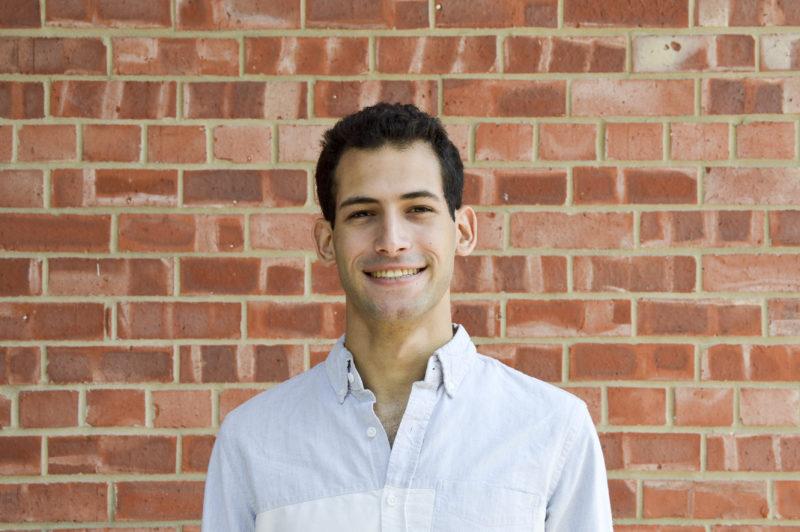This time last year, I wrote an article in which, among other things, I described my infatuation with New Atheists like Richard Dawkins, Christopher Hitchens and Sam Harris. In that article, I said, “From the (admittedly few) conversations I have had with people of faith, I’ve found that they have frequently failed to seek out arguments against their faith and, if they have, they offer defenses of dubious scientific value or invoke the emotional reassurance of faith as an ostensibly legitimate trump card.”
Now, a year later, I still think my assessment is generally true, and that this is precisely why the New Atheists were so popular in the first place. They argued against religion as it is commonly practiced and believed: as a matter of habit and custom, without deep knowledge or thought, an easy target. That the target was so vulnerable is more an indictment of how places of worship teach, or fail to teach, religion and theology to their constituents than anything else.
However, in accepting the arguments of the New Atheists at face value, I was guilty of the same criticism I leveled at religious people in my quoted writing above. A very rapid Google search reveals abundant critiques of the New Atheists’ arguments from theologians and believing scientists. Many of those critiques have a distinct air of frustration that the New Atheists and their adherents seem to think they are the first to ever come up with such arguments against religion.
To my surprise, I discovered that there are literal millennia of religious thought on the subjects of such difficult questions as the problem of evil, free will, and the extent to which holy books are literal. It’s embarrassing to admit such ignorance of the long intellectual tradition of theological thought across almost all faiths, particularly Judaism, in which I was raised. Again, part of the blame lies with the education systems, both religious and secular. Part of it, though, lies with me for not imagining that the intelligent believers of history would have thought to answer such questions.
I was even more surprised to see the extent to which scientists were people of faith. In one issue of the Trinitonian, I noticed a half-page ad affirming the divinity of Christ with a long list of faculty signatures, among them nearly half of my native chemistry department. As another example, Ian Hutchinson, a professor of nuclear science and engineering at MIT, is a devout Christian and has written and spoken extensively criticizing what he calls “scientism,” the notion that a scientific paradigm of thought offers answers to all questions we may have about the world. A scientist who rejects the universality of science? It was inconceivable at first, but again, scientism was just an unquestioned assumption underlying my beliefs, which an epistemology class I took last semester was sufficient to challenge.
Searching for a higher level of discourse about the apparent clash between science and theology, I found a debate between Sean Carroll, a theoretical physicist and cosmologist at the California Institute of Technology, and William Lane Craig, one of the foremost Christian apologists (Christian apologetics is a branch of theology that seeks to provide rational arguments in favor of Christianity). In this debate, which can be found on YouTube, the two debate Boltzmann Brain problems, the arrow of time and entropy, how scientific theories are assessed and articulated in modern cosmology, cosmological theories of the multiverse and the origin of our universe, and the catastrophic imprecision of common definitions and conceptions of God, to name just a few examples.
This may sound imposing, and it is, but there’s no way around engaging in that kind of a higher level if one wants to be at all justified in holding any kind of metaphysical conviction. Based on that debate and two of Sean Carroll’s lectures, “The Big Picture” and “God is not a Good Theory,” I still reject religion as extremely unlikely to be true, but I now feel that my reasons for holding that view could better hold up to the scrutiny of theologians and cosmologists alike (they are, of course, informed by Carroll’s cosmology). I could still be wrong, but if I am it’s not for a reason I’d be embarrassed to admit, which is a good standard.






